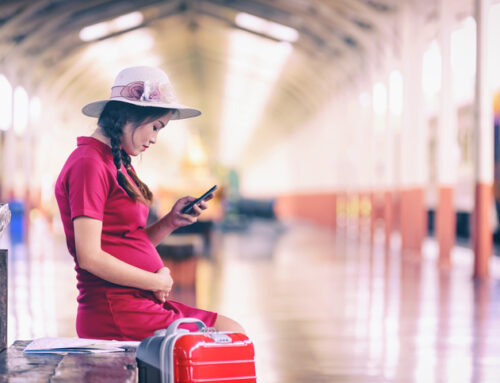Middle East respiratory syndrome
Do I need to worry about MERS-CoV, or camel flu? What other advice is there for travel health in the Middle East?
What is MERS-CoV?
Middle East respiratory syndrome coronavirus (MERS-CoV) is an infection with a high mortality rate: it kills 35% of patients. It is thought to be contracted from camels and most cases have occurred in Saudi Arabia. MERS-CoV was first identified in Saudi Arabia in 2012. It is a respiratory disease caused by a virus infecting the patient’s lungs and airways. Dromedary camels are thought to be virus reservoir hosts.
Is MERS-CoV a threat to travellers’ health in the Middle East?
It is cause for concern that more than a third of people who contract MERS-CoV die. According to the World Health Organization (WHO), person-to-person transmission of MERS is possible. According to NHS Scotland’s Fit for Travel, the risk to travellers’ health in the Middle East is very low.
If you are concerned about travel health in the Middle East, why not make an appointment with one of the dedicated travel health advisers at NX Healthcare’s travel clinics? We’d like to see you six to eight weeks before your trip abroad. We can give you advice about health risks that you might be exposed to, and tell you what travel shots you should get before going to the Middle East.
Where can you find cases of Middle East respiratory syndrome?
Although Saudi Arabia accounts for approximately 85 percent of MERS-CoV cases, cases have also been reported in other parts of the Middle East, including:
- Egypt
- Iran
- Jordan
- Kuwait
- Lebanon
- Oman
- Qatar
- UAE (United Arab Emirates)
- Yemen
There have been cases outside of the Middle East, but they are all related to travel to the region.
What are the signs and symptoms of MERS?
Middle East respiratory syndrome symptoms include coughing, fever, and shortness of breath. Pneumonia is also possible, as are gastro-intestinal symptoms such as vomiting and diarrhoea.
Certain patient groups, such as the elderly, those with compromised immune systems, or those with an underlying health problem, are more vulnerable to a more severe form of MERS-CoV that causes respiratory failure.
Some people become infected with the virus but show no symptoms. These cases were discovered through laboratory testing of people who had contact with a patient.
What should I do if I suspect that I have MERS?
If you believe you have MERS, seek medical attention. Anyone who has a fever, cough and breathlessness within fourteen days of returning to the UK from the Middle East should get medical advice. Please provide your doctor with a detailed travel history.
What can I do to avoid Middle Eastern respiratory syndrome?
There is no vaccine available to protect against MERS.
The transmission of MERS from camels to humans is not well understood. Avoid activities that bring you into close contact with camels. Also, if you go to a camel barn, farm, or market, pay close attention to hygiene. During and after your visit, wash your hands thoroughly and frequently. Sick animals may pose a greater risk, so keep a safe distance.
Drinking raw camel milk or urine, as well as eating camel meat that has not been thoroughly cooked, may pose a risk of infection. Cross-contamination of cooked foods by raw meat or milk could be a source of infection, so use standard food safety precautions as described in our article on food-borne diseases. Pasteurised milk is thought to be safe, but the jury is still out on camel urine, which some people drink for medicinal purposes.
You should also avoid contact with anyone in the Middle East who has a respiratory infection.




